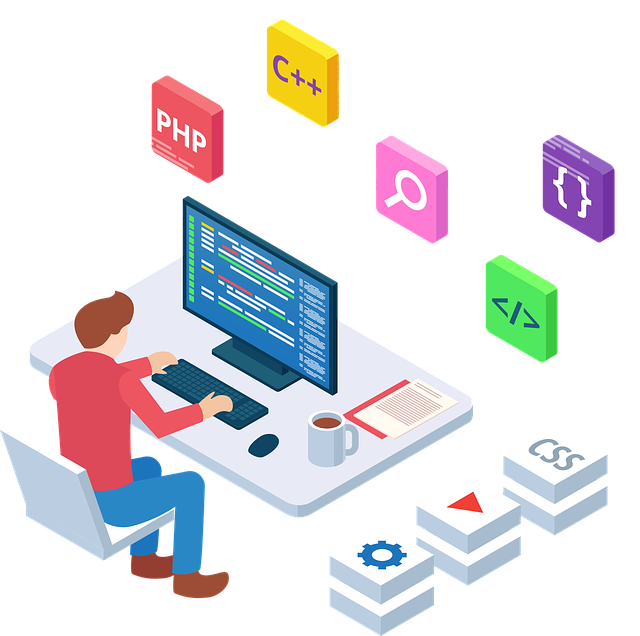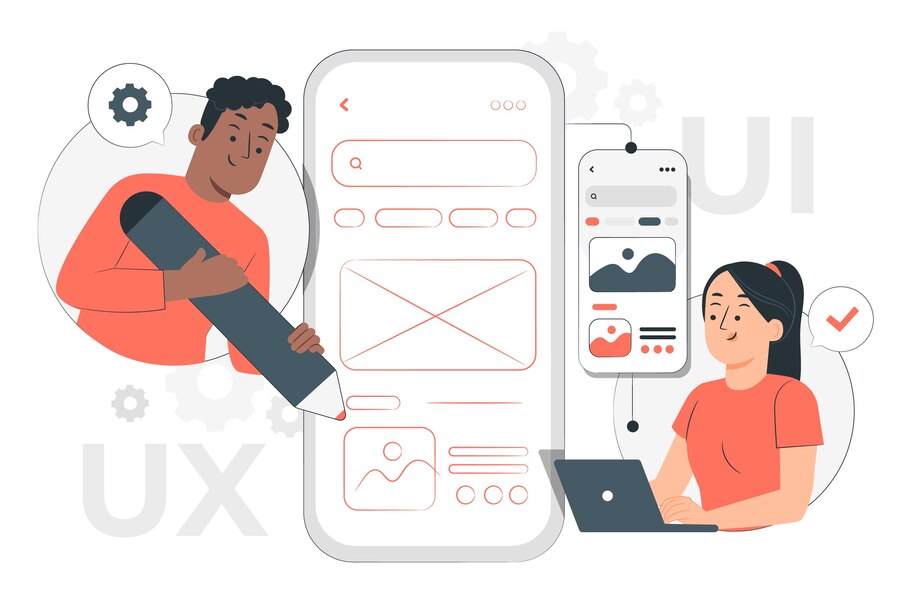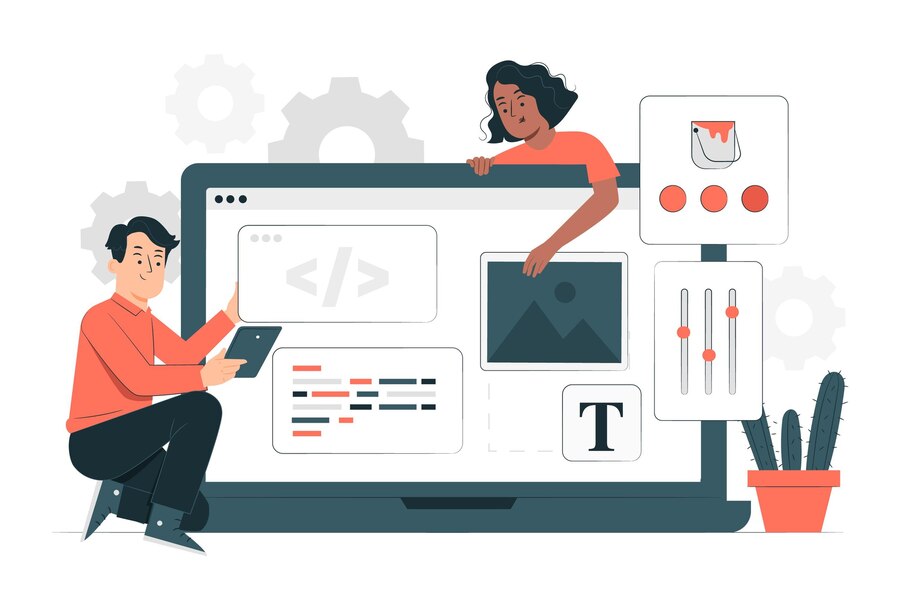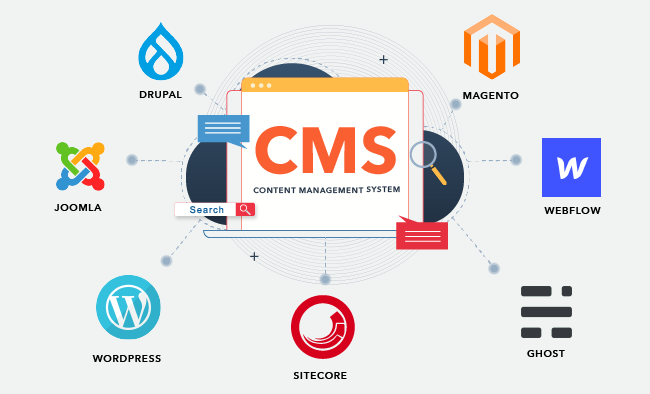ANDROID DEVELOPMENT
Developing software applications that are designed to run on devices powered by the Android operating system. Android, developed by Google, is an open-source platform that has become the most widely used mobile operating system globally. Android apps can be written using Kotlin, Java, and C++ languages, Ktor, Firebase, Sql Lite and My Sql.
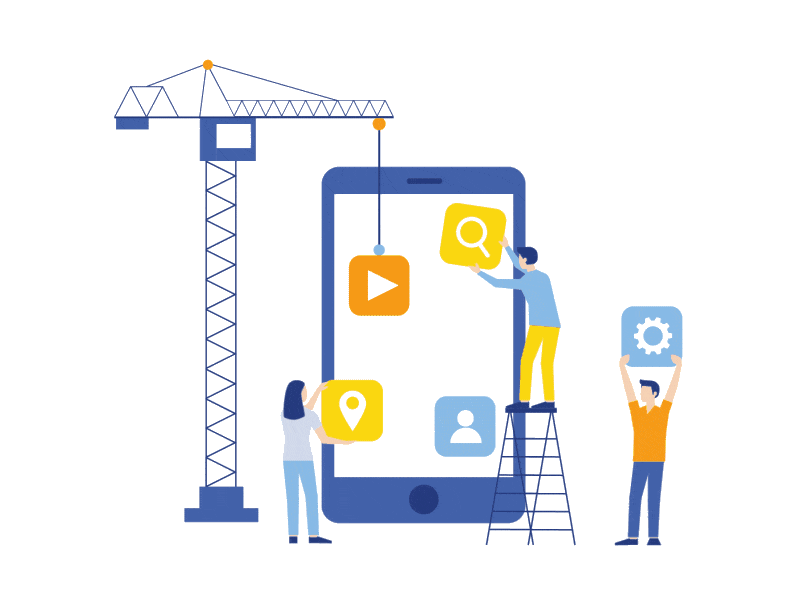
Technologies We Use

Java
Develop robust and scalable Android apps using Java, one of the most popular and widely used programming languages.

Kotlin
The modern and easy-to-learn programming language developed by JetBrains, to create robust and high-quality Android apps.

Ktor
With Ktor, you can easily handle routing, authentication, serialization, and other common web development tasks in Kotlin.
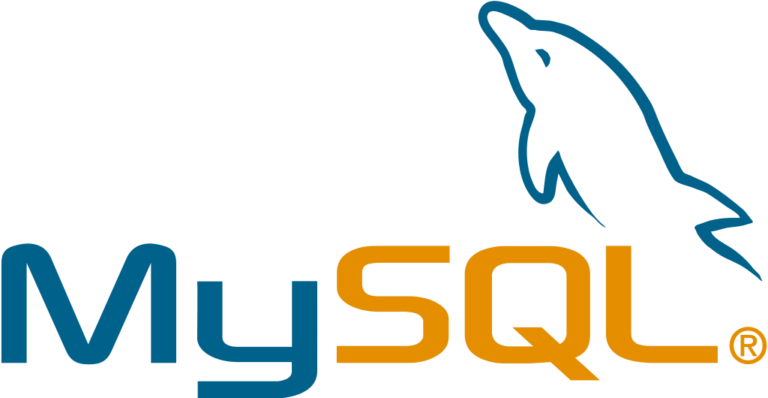
My Sql
MySQL is compatible with various programming languages, including PHP, Java, Python, and Node.js, making it a versatile choice for web development projects.

Sql Lite
SQLite supports standard SQL syntax and provides powerful features, such as transactions, indexes, and triggers, making it a popular choice for developers.

Firebase
Firebase is trusted by millions of developers worldwide, from small startups to large enterprises, and offers everything you need to build, deploy, and grow your app.
Android Development Process
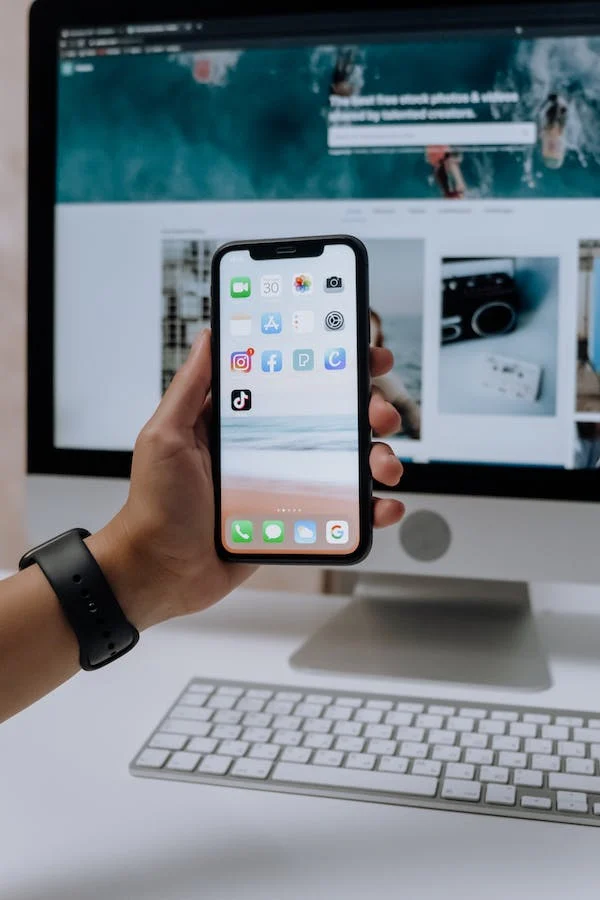
1. Planning
This includes defining the target audience, identifying the App’s purpose and objectives, and outlining the App’s features and functionalities.
2. Design
This includes creating wireframes and mockups, selecting color schemes and typography, and creating a design that aligns with the brand’s identity.
3. Development
Includes the app’s functionality, features, and integrations. The back end of your app involves the server-side components, such as databases, APIs, and cloud services, while the front end involves the user-facing components, such as the UI and user input features.
4. Testing
In this stage, testing is done on an app to identify and fix any bugs or issues. You may conduct different types of testing, such as unit testing, integration testing, and user acceptance testing (UAT), to ensure that your app meets the quality standards and user requirements.
5. Deployment
In this stage, the app is prepared for launch, including submitting it to the app stores, creating promotional materials, and ensuring your app complies with the app store’s guidelines. You should also define a release strategy and plan for updates and maintenance.
6. Maintanence
After app is live, we need to provide ongoing maintenance and support, including fixing bugs, updating features, and optimizing performance. You may also receive feedback from users and update your app accordingly to meet their needs and preferences.
You’ve Got Questions, We’ve Got Answers about Android Development
Android development is the process of creating mobile applications for devices running the Android operating system. Android apps are developed using Java or Kotlin programming languages and the Android Software Development Kit (SDK).
The basic skills required for Android development include proficiency in Java or Kotlin programming languages, familiarity with the Android SDK and related tools, and knowledge of mobile app development concepts like UI/UX design, mobile app architecture, and app deployment.
The different types of Android apps are Native apps, Hybrid apps, and Web apps. Native apps are built using the Android SDK and are optimized for Android devices. Hybrid apps use web technologies like HTML, CSS, and JavaScript and are wrapped in a native container. Web apps are essentially websites that can be accessed through a web browser on an Android device.



